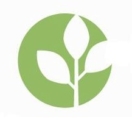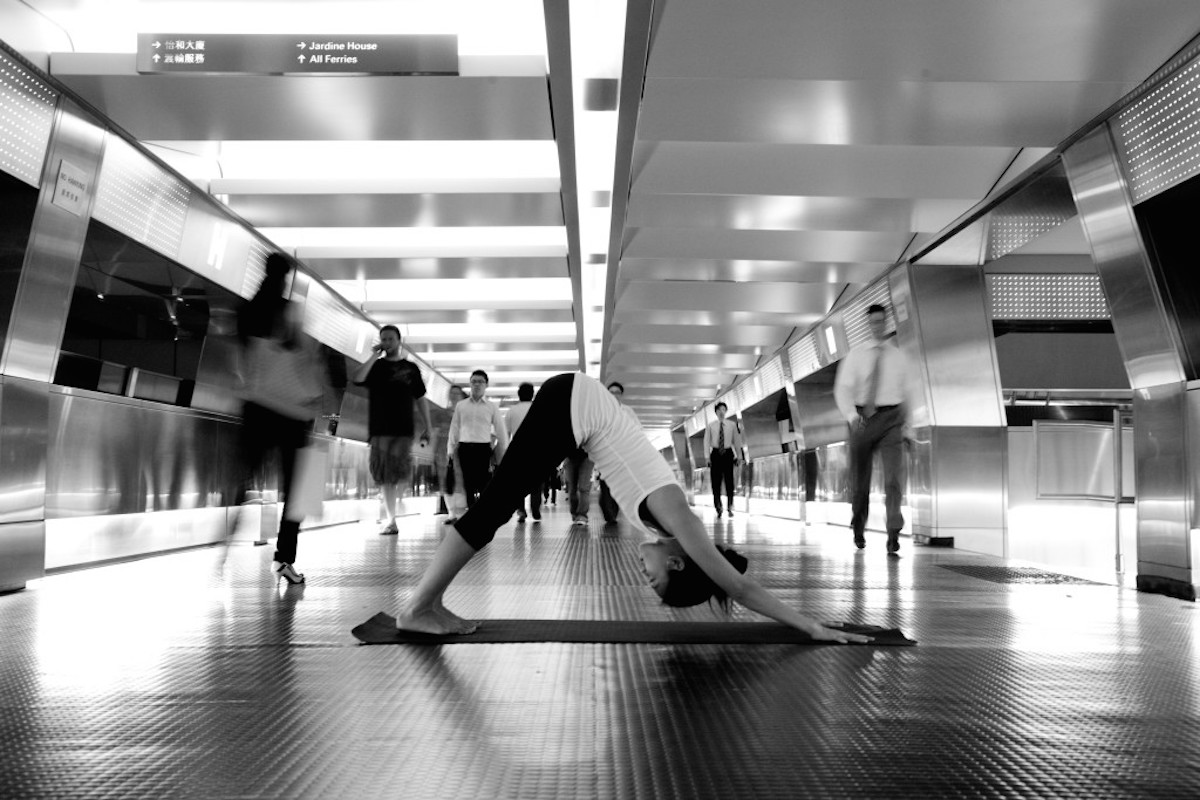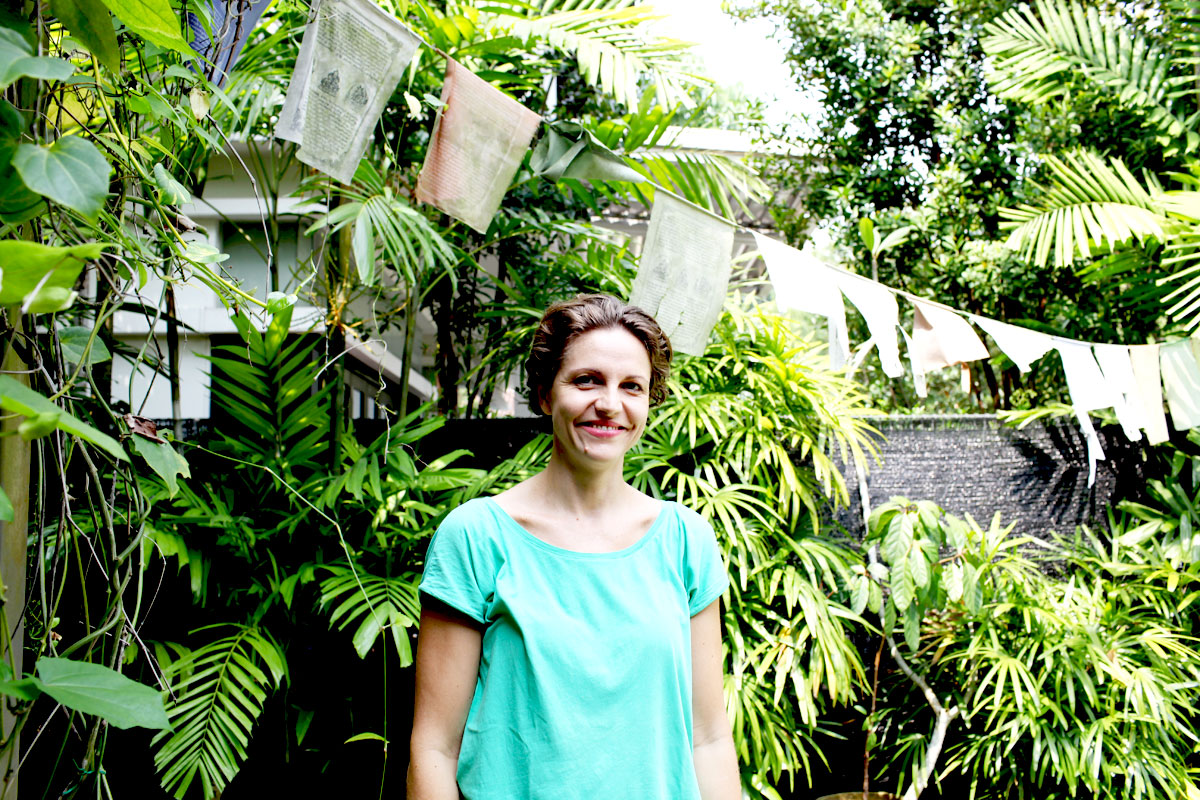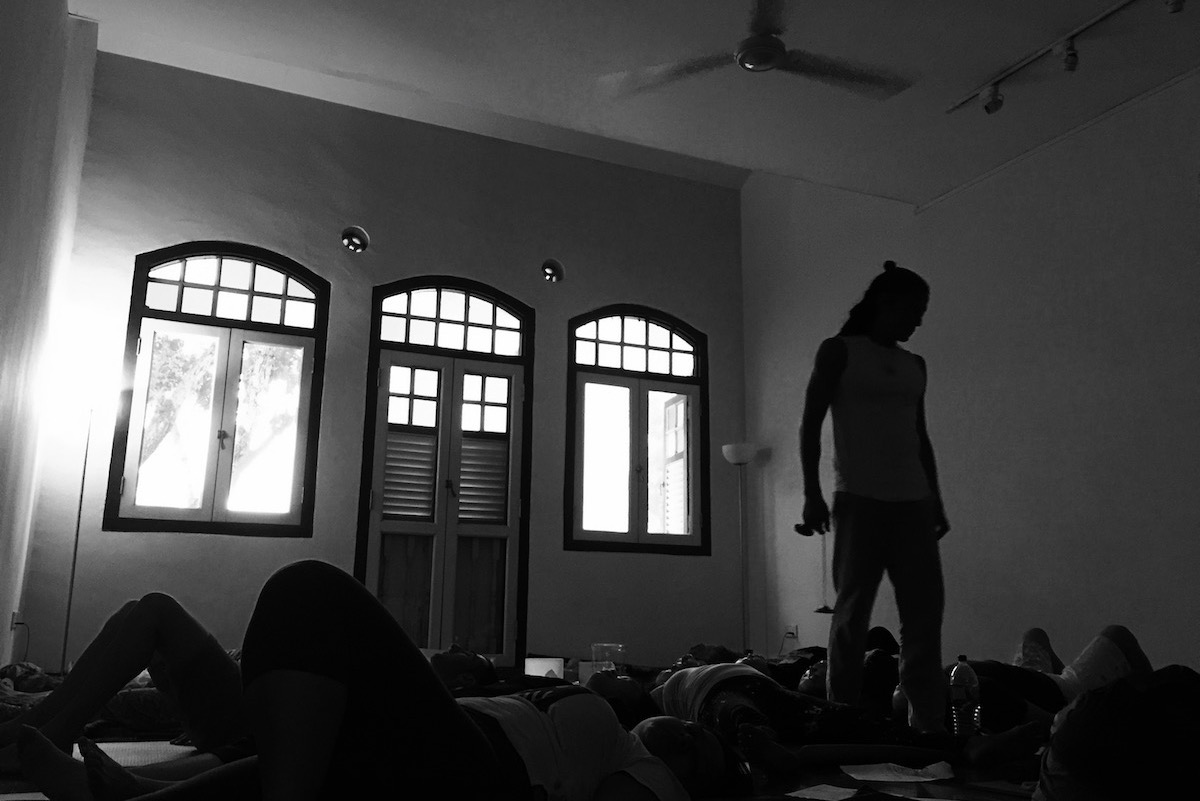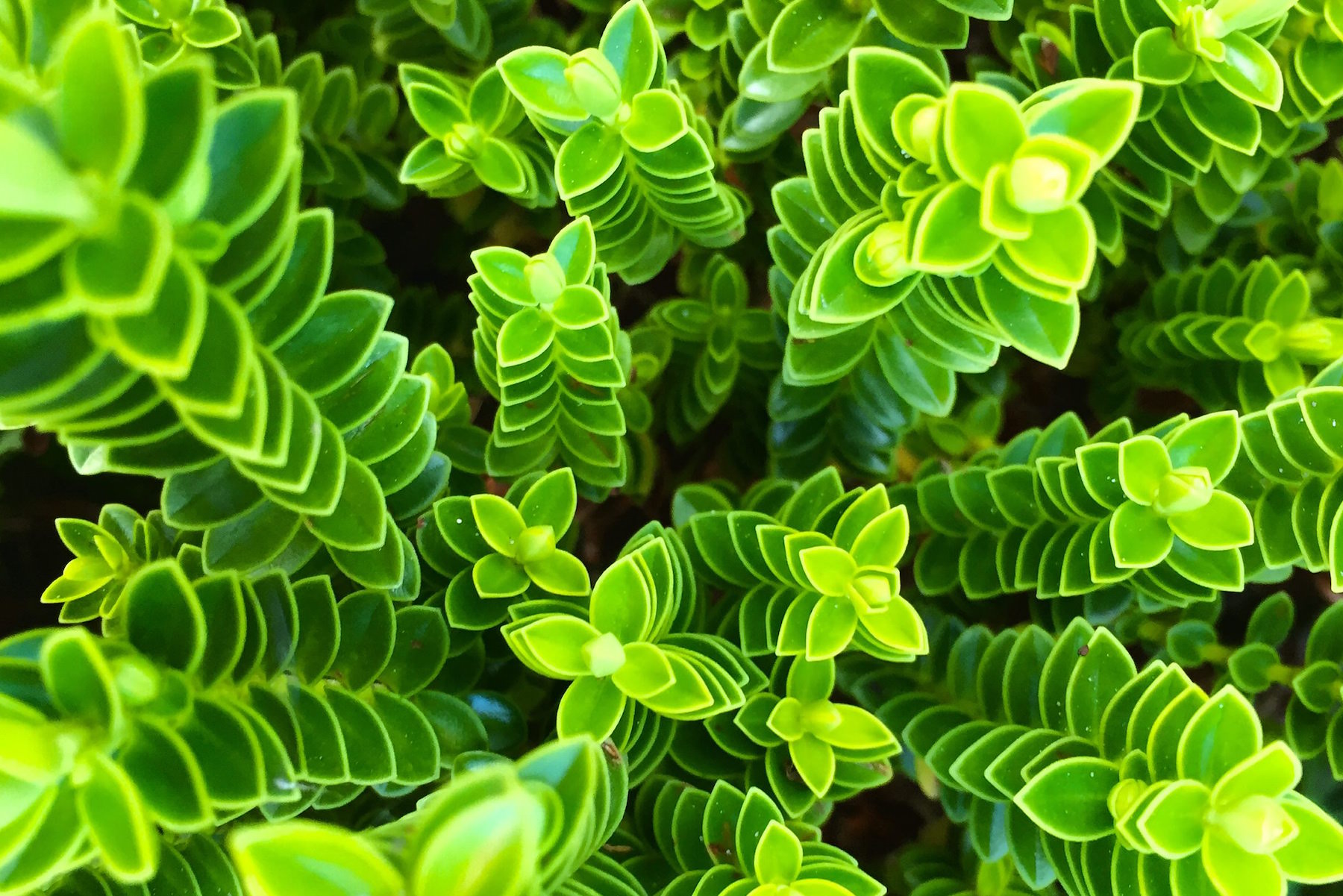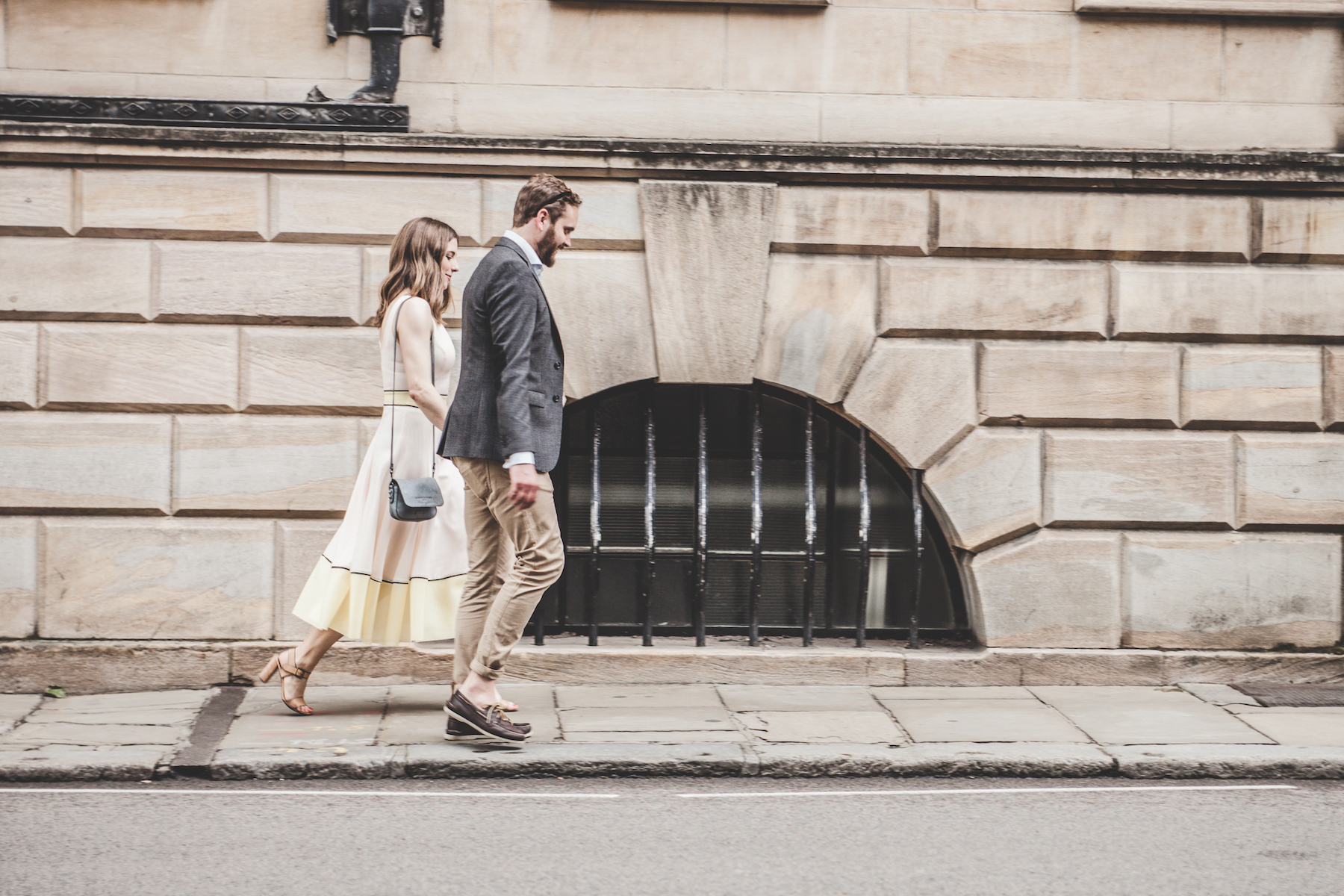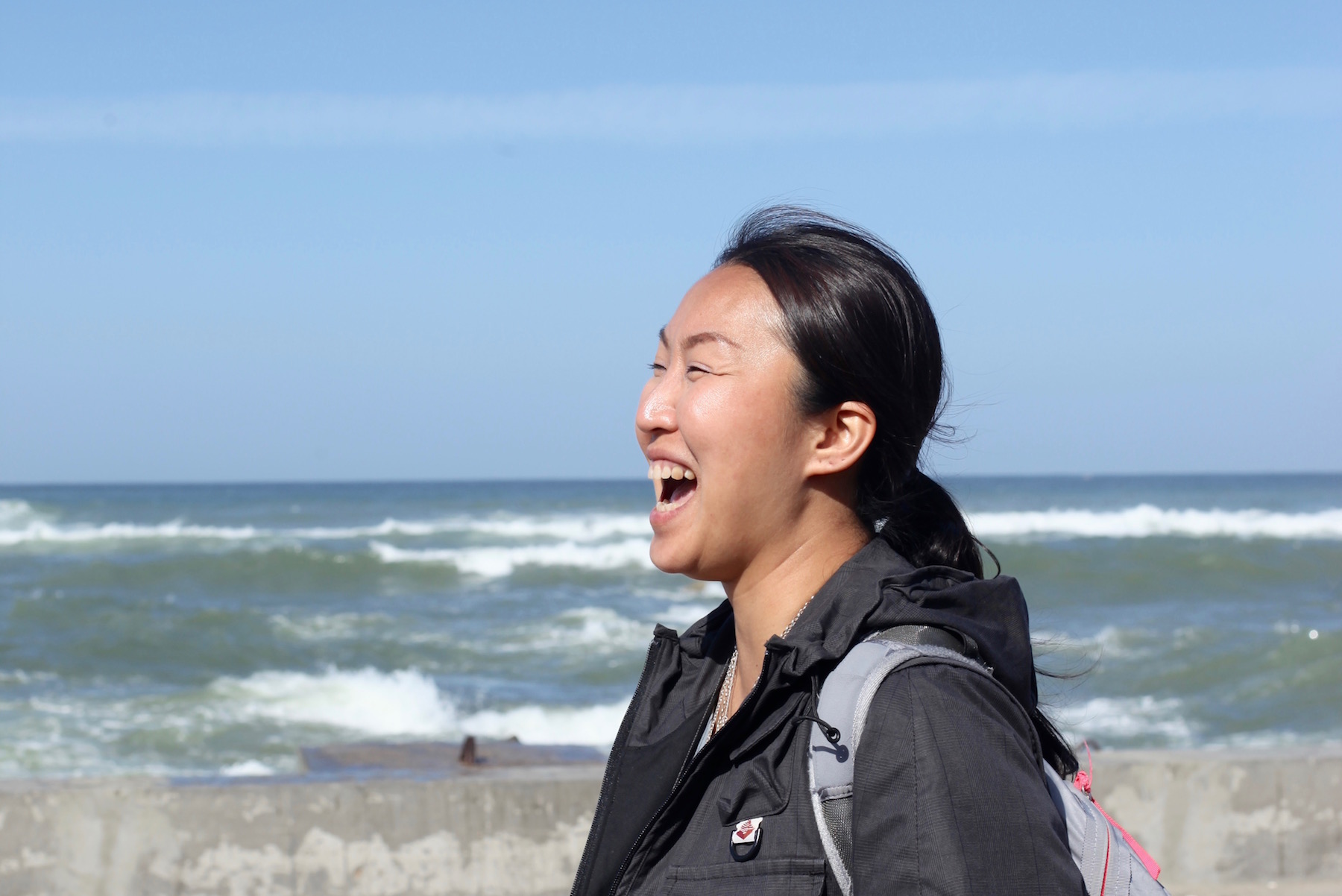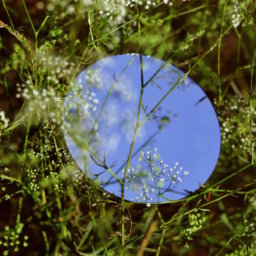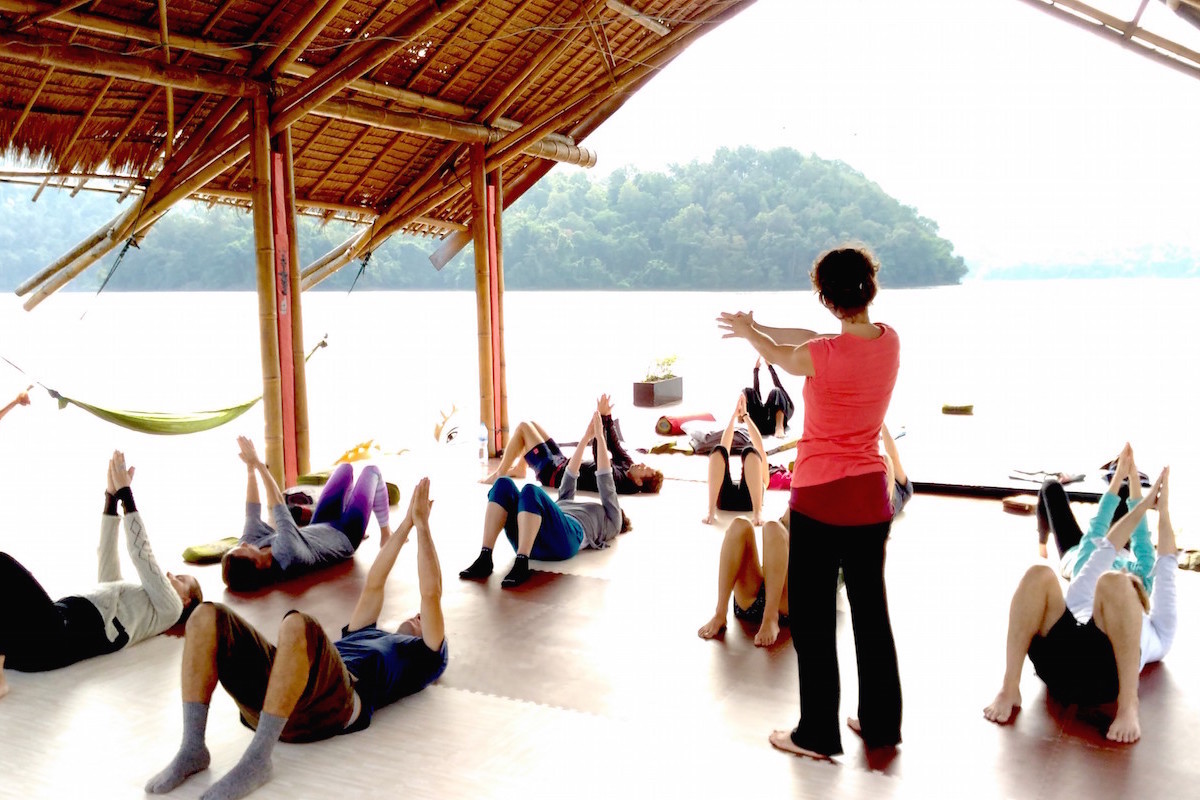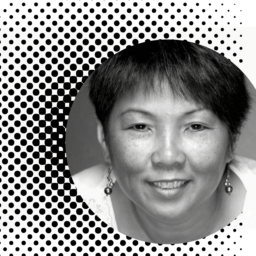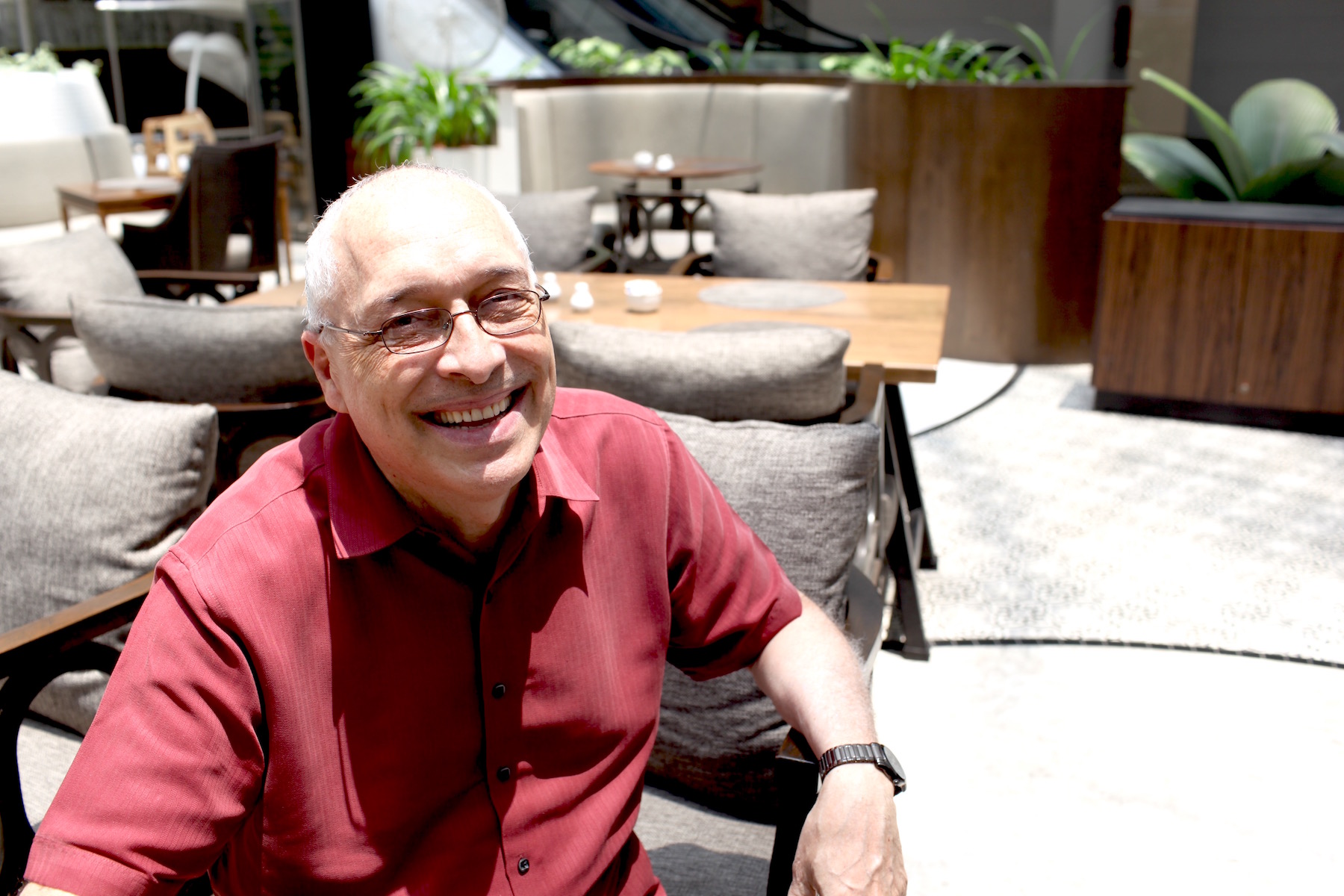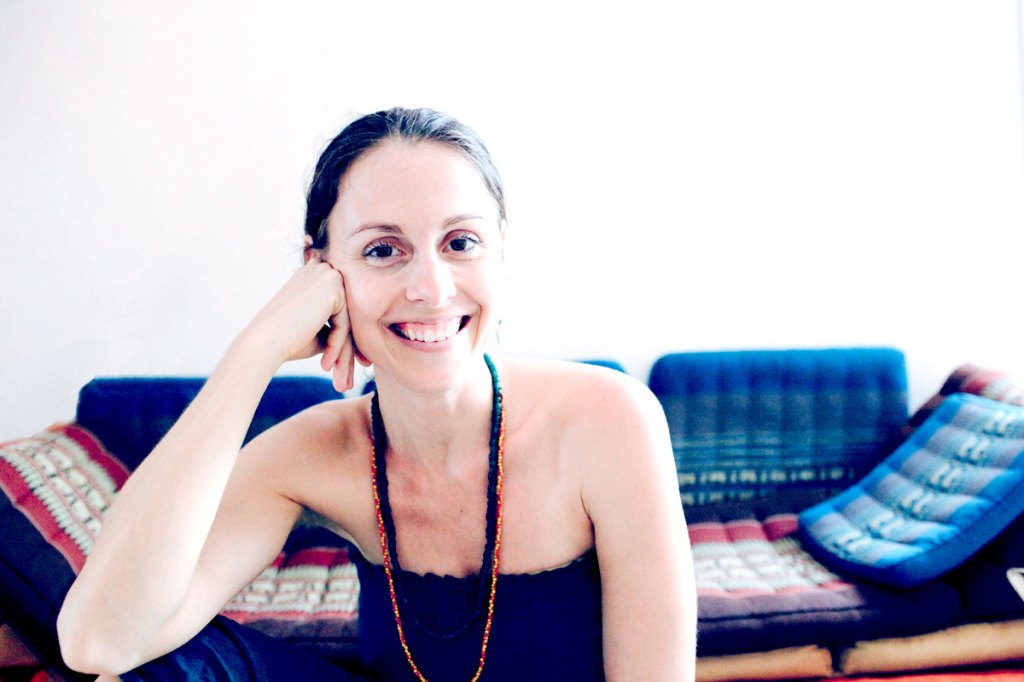Dr Bean is a Canadian Naturopathic Physician based in Vancouver Canada and regularly visits Singapore, where she lived and practiced and where she continues to support her patients and the community interested in naturopathic medicine.
As a woman, mother, wife, expat, and a dog owner (among other roles), Dr Bean offers a grounded, balanced, and informative approach to healthcare that is patient-focused. Read on about Dr Bean’s philosophy on vaccinations, genetic testing, the environment, and much more, plus good tips that all of us can implement.
Q
Why is Naturopathic Medicine different?
A
What I like about being a Naturopathic Doctor is integration. It is looking at both ends of the spectrum.
There are multiple times I want patients to get their blood work done. I want to see how the thyroid is doing, how the liver is doing, maybe if there is anemia…Do you need a pap done? Do you need a breast exam? So that’s the more conventional side.
Now how are we going to treat it? If you are anemic – what are you eating, what you not eating, are you able to absorb…We now know that parasites will absorb iron so do you have a parasite? Are you taking enough Vitamin C to help absorb that iron.
My visits are one hour and usually longer, because there is so much to talk about and to look at – the nails, the tongue, the hair…When someone comes in with dark circles under their eyes, these are clues and you take that along with a really good health history. That is 90% of your picture. 10% will be using tests.
It is flipping nowadays where people are doing 90% tests and 10% a good health history and it shouldn’t switch that way. Doing tests confirms what you think is going on and shows the level of severity of what is going on.
Tests are expensive and I think it can bring on too much anxiety for that person, that is unnecessary, to do all the tests. I think healthcare practitioners need to spend more time on history than testing. Testing can give false negatives and false positives and a practitioner may think you are fine but you are not fine.
The holism part is seeing the whole picture – who this person is – then integrating all the modalities. It is not about segregating; it’s not just being on the conventional side or just being on the alternative side.
Dr Bean
Q
What is holism?
A
I speak with my patients – the whole person, the whole environment, the whole life, their relationships, their childhood… You are not feeling very well. We need to go deeper and for me, I really like to look at the physiology of the body, the chemistry of the body … Are these pathways optimal? Is there something decreasing the pathways themselves? What is compounding this picture? And go from there.
When a woman is pregnant and she is fearful of giving birth, we talk about what her mother’s experience was giving birth to her. It’s looking at other avenues of where this fear, this emotion, comes from. Why is it there? It could be the root of some of our issues and dis-ease in our lives. I think there are some great modalities out there to uncover these things. Hypnotherapy, I think, is fantastic.
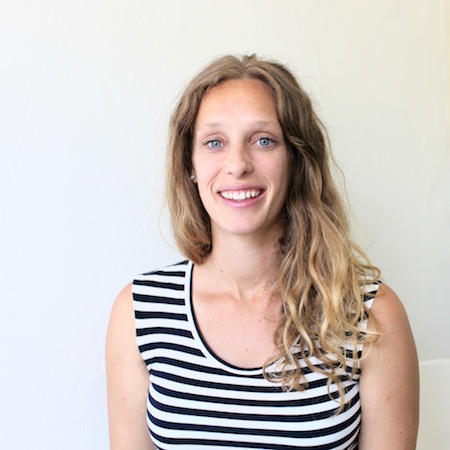
When I have a patient who walks through the door, and claims to have seen everyone and nothing is working, I really have to go back to the basics.
Dr Bean
Q
So if someone comes to you with poor energy level.
A
Why is someone tired all the time? Is it a deficiency? Potentially anemia? Is the person not getting enough of the foods she/he needs? Is the person not absorbing and breaking down? So what is going on in the gut? What’s going on with the adrenal glands? What is the lifestyle? Is this person in a very toxic environment, be it a relationship or living beside something that has emissions that are bothering him? There are so many pieces to the pie, when it comes to health and well-being.
Q
MTHFR seems to be on everyone’s radar.
A
Going down the path of genetic mutation has been helpful. Again, it is another piece of the puzzle. It is not all of it. I know we can really hone in and focus on something and think, for example, if someone has a heterozygous MTHFRh mutation, does that person need to be on high-dose methyl folate?
There is a correct and appropriate way to treat it and again, I have to look at the whole picture and look at all the genes as a collective. So actually a high-dose methyl folate may not be what you need, based on your specific gene mutations.
When I learn about these genetic mutations and the information that comes from people like Dr Ben Lynch, it is still going back to the principles of doing no further harm, to look at things that can support the body naturally, and to look organs that are responsible for breaking down nutrient and elimination such as the liver and the bowels. Also looking at the compounding effect the environment plays on the body.
There are chemicals everywhere in our environment, like heavy metals. Even though they are neurotoxins, the body can deal with them, by breaking them down in the liver. But if someone has an extreme toxic load from smoking, not eating well or eating chicken and beef with hormones and antibiotics, and living in places that are more polluted such as Singapore and China, where the air quality is not good, there is more burden on the body.
Once we start eliminating this burden, we can really support our overall health. It isn’t only about taking supplements to support these elimination pathways but also looking at other areas in our life that we can change. And change for good – looking at these changes as a positive change, not a negative change.
Q
What modalities do you offer as a Naturopathic Doctor?
A
I love using Homeopathy. I think it is fantastic. I use it a lot with children and with mood such as irritability, anger, depression, and even panic attacks. I’ve had some really amazing results.
Herbs. There is so much wisdom with botanical medicine. You can combine individual herbs to make your own blend or herbal tinctures, from anti-bacterial to anti-fungal or calming to energizing. (Check out how Dr Bean makes her own Calendula salve)
Nutrition, of course, will always be very important. Plus I love using my training in spinal adjustments.
Craniosacral Therapy, which is extremely calming to the body. Something similar would be Bowen Therapy. I see a lot of anxiety and people doing activities that may not help resolve this anxiety. For example those who do a combination of things that deplete the body such as crossfit, working 50,60 hours a week, and drinking multiple cups of coffee. I see them and they are wired and tired, full of anxiety, and can’t sleep well. Where is the relaxation in their life? Too much Yang and too little Yin. I will even ask about meal time – are you eating quickly? Are you chewing? Are you eating on the run?
Let’s get back to the basics. Sit down at a table with a meal, with no distractions. Let’s enjoy our food. Appreciate what this food is doing for us. Look at our food – whose hands prepared this? Who grew it, picked it for us, and sent it? When we have this connection with the basics, that can help in of itself. We are digesting our food better, absorbing the food, and so we don’t need to go onto this whole host of supplements. A problem could be fixed by just slowing down a bit and taking that moment to be present.
Q
Going back to basics…
A
This is why I love this profession – I can look at the simplicity and if I need to get to the complexity of a case, then I can do that as well. But when I have a patient who walks through the door, and claims to have seen everyone and nothing is working, I really have to go back to the basics.
Once the basics are covered, I then dive deep into the complexities of what is going on because I want to make sure there is not a stone left unturned. Finding the cause of something can be very difficult sometimes, especially in instances where there is suppression of emotions. No supplement and no test is going to solve the problem if a person hasn’t dealt with the guilt or the grief. I talk about supplements a lot because it is the first go-to for a lot of people. That, and medication. I think at times though, it could a bit more simple.

Q
Your philosophy is providing a circle of healthcare for your patients.
A
Someone has an emergency? You do not see a naturopathic doctor. You would see me after the emergency to heal the body. If someone has high blood pressure and we need to get that down now, that is when medication comes in. I would not disagree with that. Like one of my professors said, if someone comes in with a broken arm, don’t toss them a salad. Right! Of course! That is not the appropriate treatment. You need to get to Emergency.
Naturopathic physicians understand about being in two worlds and being unbiased with what is needed. The bridge is happening between naturopathic physicians and medical doctors.
And not one person is going to know everything and so I will shine in a few areas and I call upon others to help with diagnosis, testing to rule in/rule out. I am 100% okay saying I don’t know. I don’t know! I will learn about it. I send people to medical doctors all the time and it is a relationship I like. I think people need more than one healthcare practitioner working for them, with a new set of eyes, because there really cannot be one person who knows it all.
I appreciate having specialists and doctors who I can send patients to. Pediatricians. Endocrinologists. Gynecologists. We then share similar patients and we can both see the success that our efforts are doing. It’s great to have that connection. I’m building a group of people who want to work with me and patients results prove themselves.
Q
So the type of practitioner you look for is?
A
I look for practitioners who are generally open to educating you on why you are doing something, ethically selling you something because you need it, and open to saying they don’t know and referring you out to someone they think could be a benefit to you.
Q
Naturopathic Medicine is still quite new, especially in Singapore.
A
I think natural medicine gets a bad rep because people think there is no evidence. What is interesting is that when someone says there is no evidence, they have just decided not to find the evidence. You can find anything you want on the internet, within peer-reviewed journals, etc. If you want to find it, you will find it and then you can compare.
Research is happening a lot, especially around botanical medicine. Understanding the mechanism and action of certain herbs can be even more powerful then say using a broad spectrum antibiotic which has adverse effects.
Q
Why did you decide to become a Naturopathic Doctor?
A
I actually wanted to be a high school teacher. That was my goal but when I finished my undergrad degree and had to apply for Bachelor’s of Education, I decided it wasn’t probably best for me. I love education but I would be educating people who may not necessarily wanted to be. I don’t think I have such patience with that.
My learning is constant. The more I learn, the more I know I don’t know and that fuels me to keep going, looking at what other practitioners are doing, the successes and failures they have had, and learn from that. I think the people more on the conventional side are learning that there is another world out there and we should expand our horizons and learn more.
Dr Bean
I have always been interested in health, being an athlete through high school and university, and I knew the importance of nutrition and exercise and how to manage pain. My understanding was very on the surface; I didn’t know a whole lot.
I looked at becoming a nutritionist and I felt that was too narrow. Nutrition is great but I felt a lot of these avenues are just one modality. But then I looked into Naturopathic Medicine. It encompasses all these modalities. You are reading labs, making diagnoses, doing paps and drawing bloods, minor surgeries, using pharmaceutical plus learning about alternative medicine. It is quite broad spectrum, which makes it quite challenging because you put on all these different hats all the time but I also like that because it is always going to be different, from one patient to another, from kids to adults.
Q
What have you seen more of in Singapore?
A
Gut health is big. Gut health is always going to be treated no matter where you are in the world but I have seen more parasites here than in Canada. Giardia. Lots of yeast. Also, respiratory problems. I see these commonly. Asthma, for example.
A lot of immunity as well, in children who have been sick on and off for a long long time and antibiotic use is high.
Panic attacks and skin. A lot of ezcema, in children. When it comes to behavioural changes in kids, I don’t know if I’m starting to get into it so I’m seeing more of it or if it is becoming more pronounced here. I think it’s a two-part process of I’m getting into that and want to see those kids and I think there are more and more here, based on the environmental toxins. Southeast Asia is a very polluted place and so this is going to affect behaviour in children. Of course, autism in of itself is on the rise everywhere.
Q
What kind of environmental toxins?
A
Air and water quality. Heavy metals. Thorium is found in water here. When I sent my tests to the US, they have said to me that they have not seen Thorium before. And they have done thousands of these heavy metal tests. From industrial pollution possibly. In our aquifers, land, and water, we are dumping our garbage. Here in Singapore, being a port, the ships themselves are dumping garbage and fecal matter. A lot of the byproducts may not be processed out of our water and we consume it. Filtering will certainly help.
And our food. People say arsenic is found in brown rice because the water rice is grown in has it. Food from places like China that are heavily populated with chemicals – we are eating that. This is everywhere, certainly. Herbicides. Pesticides. GMO. They are hard on the body.
The rise of the use of vaccines. The adjuncts from the vaccines are hard for the body to deal with. When a woman comes in and wants to become a mother, we would do a lot of detoxification first. For kids who are getting their vaccines, we do a vaccine protocol before and after to help the body eliminate and to boost the immune system. We use homeopathics to reduce the risks of having adverse reactions. I get the body prepped, with heavy metal detoxication later on too.
The hair analysis that I do is showing me that there is exposure to heavy metals here. SE Asia is one of the most polluted places in the world. The results we are getting from SE Asia are beyond the highest in the world.
Q
Can you give some examples of how this exposure affects our health?
A
Increased toxic exposure means the body has to process more. There is a burden and the liver has to work harder. Chemical metabolites go to the liver to be processed and if the liver isn’t able to handle the burden, in that the pathways are deficient, those metabolites won’t get broken down from fat soluble to water soluble so we can excrete them. Instead, they will be partially broken down and then reabsorbed. They are more toxic than when they first entered the body.
When you are in a clean environment – you are on a farm, living somewhere up in the mountain, eating organic, fresh-grown food, and you go into a place that is polluted, you will be able to process that, compared to someone who has been living here for years.
People come in with aches, joint pains, and not feeling well, part of my thinking process is – is this person toxic? Maybe the person is in her 50s and she has been having this for years and slowly getting worse. Maybe there is an assumption this person has rheumatoid arthritis. That may not be what it is.
Q
What are some suggestions?
A
Air purifiers. Doing liver support, supporting your body to eliminate. Reduce the burden.
Q
Does that mean a liver cleanse?
A
When I say liver support, I am using products that are supporting the pathways of the liver and supporting liver cells. Milk Thistle. Glutathione. Vitamins. The B vitamins. There is a whole host of minerals that help these pathways.
I would do it in a supplement form and I will also use homeopathics for drainage. These homeopathic can also help with the kidneys and the lungs.
If someone comes in with a skin problem, I would deal with something called the emunctories or primary organs that eliminate. The liver, kidneys, and the lungs are primary and the skin is secondary so I would work on the primaries first and then the skin next. The skin can be a dumping zone, a sign that something internal is going on. Is it gut inflammation or is there a toxic load? A child can be born with a lot of toxic metabolites from the mother. You are starting off toxic and then you eat unclean food, drink unclean water, and breathe air that is not purified and add on a number of vaccines.
Clean air, clean water, clean food. So remove things that are burdening you. Exercise is very important. Good sleep. Daily bowel movements is very very important. I always talk about poop. It is an important part of my practice. It is an indicator of what is going on inside.
Constipated? Or loose stool? That is not optimal. Optimal is three times a day, once after every meal, which happens with maybe 0.1% of the population. The premise is I want to make sure you are eliminating. Bowel movements, urination, and breathing. That is helping your body function on a daily basis.
Being in a more parasympathetic and calmer state. These mood swings can be hard on the body. Are you having problems with menses? What are you eating? Are you eating food with high estrogen? A normal menstrual cycle is you start bleeding and you stop bleeding. That’s it. That is a normal cycle and anything beyond that – mood changes, breast tenderness, bloating, and pain – that is not normal.
I support women through estrogen dominance and eliminating estrogen. Xenoestrogens can come from our environment. Plastics, big time. This is something else to take out of your life. You need to be using glass or stainless steel. Do not heat your food in plastic. Do not use saran wrap. When saran wrap and plastics hit our waters, it affects sea life. I just watched a video of someone removing a straw from the nose of a turtle – you’ve got to be kidding me! These are excessive unnecessary things that we are buying.
Q
The simple things we can do today are – get a water filter, an air filter, cook more so you know what is going in, cook with your filtered water, take away hormone-suspect foods so eat organic, grass fed, exercise…
A
Monitor your sleep. Sleep is important. And that you are pooping.
Q
And take away the assumptions we may have.
A
I don’t want people to think just because their neighbor had “x, y, z” or someone posted an issue on Facebook, that this is what is going on with you as well. I think that in itself can be damaging. This is why I encourage people to speak to someone who will look at your entire case, ask all these questions, and get to know you.
Also for reducing exposure, you can look at painting your nails, getting your hair done, the makeup you put on your face, the lotion…whatever you are putting on your body, you are absorbing. This is excess burden.
Q
If you can eat it, you are okay.
A
Totally, yeah. I make my own calendula salve. It’s just calendula flowers, coconut oil, a bit of olive oil, beeswax, and vitamin E. That’s all it is.
I love making my own stuff. I keep all my glass bottles – jam jars, sauce jars. This is really part of reusing, reducing, recycling.
Just being mindful, and reduce consumption. Bring your own cup. Use glass containers. It is reducing and much better for your health. There are multiple reasons to do some of these things. People may think they don’t have the time or they just don’t want to but it is also for your health, and not only for the environment but as we were talking about, it is a cyclic effect.

Dr Taylor Bean is based in Vancouver Canada. As a ND, Dr Bean offers integrative medicine which bridges conventional and alternative, with the goal of discovering the underlying imbalance and the most appropriate treatment. She is knowledgeable, down-to-earth, and, approachable, always with the patient’s best interests at heart and education in mind. See her What Therapy profile and website for more information.

